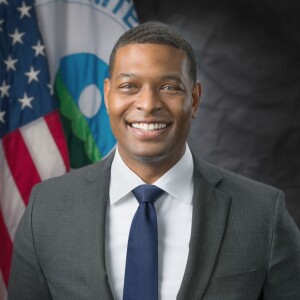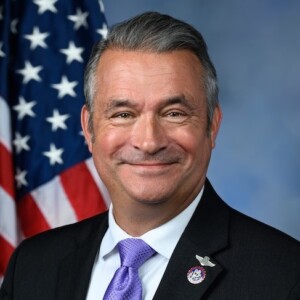American Indian/Alaska Native Program
Keystone Policy Center works with leaders from tribal communities to identify and address some of the most challenging issues facing American Indian/Alaska Native (AI/AN) communities. Keystone’s AI/AN program builds relationships between tribal nations and industry leaders, providing opportunities to engage in ongoing dialogue and collaborative decision-making on issues that have historically been a source of contention. It recognizes the need to bring tribal, local, state, and federal partners together in a culturally respective manner to develop actionable solutions to complex issues like improving the overall health status and serving the educational needs of American Indian and Alaska Native people. Keystone’s four-decade experience in land management also allows it to create a national platform to provide a larger tribal voice in the outdoor industry and develop a response to the public lands debate from a tribal lens.
Featured Projects
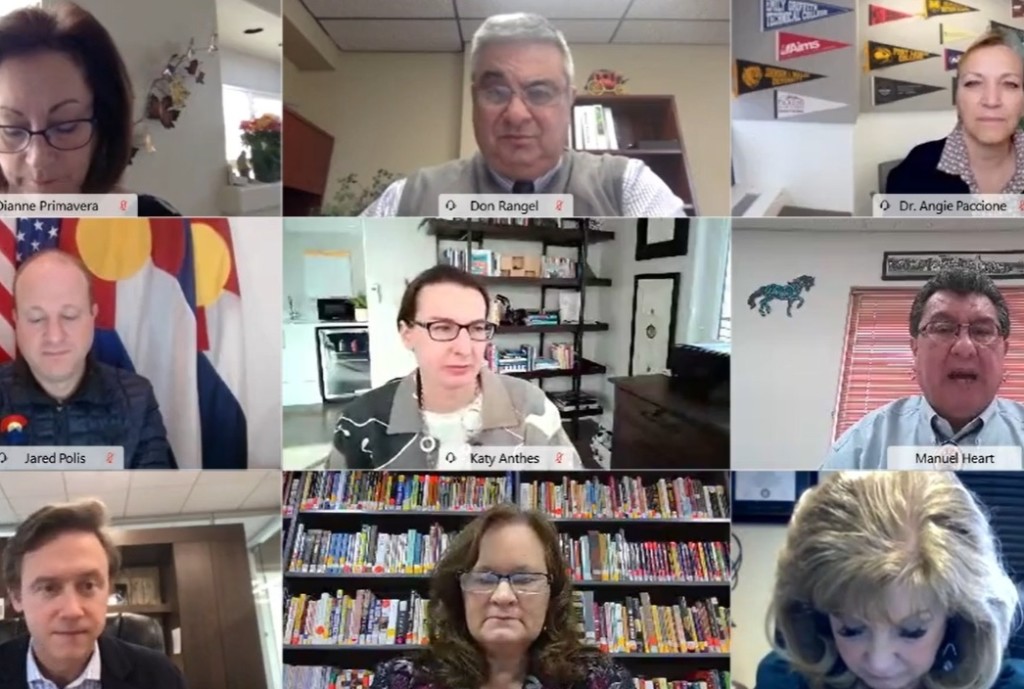
Growing Ute Steam, An Education and Cultural Initiative
Growing Ute STEAM aims to provide an innovative, student-focused model of learning and support for all students of the Ute Mountain Ute Tribe. Colorado Governor Jared Governor Polis announced Jan. 25 that the tribe will receive a grant from the Response, Innovation, and Student Equity (RISE) Fund for the initiative. Keystone Policy Center has been working with Ute Mountain Ute leaders for nearly two years facilitating the planning process for the initiative, bringing together Tribal Elders and leaders, community partners from early childhood through higher education, and others involved in projects and activities supporting the Tribe’s youth as part the process.
Read more about the Growing Ute Steam project.
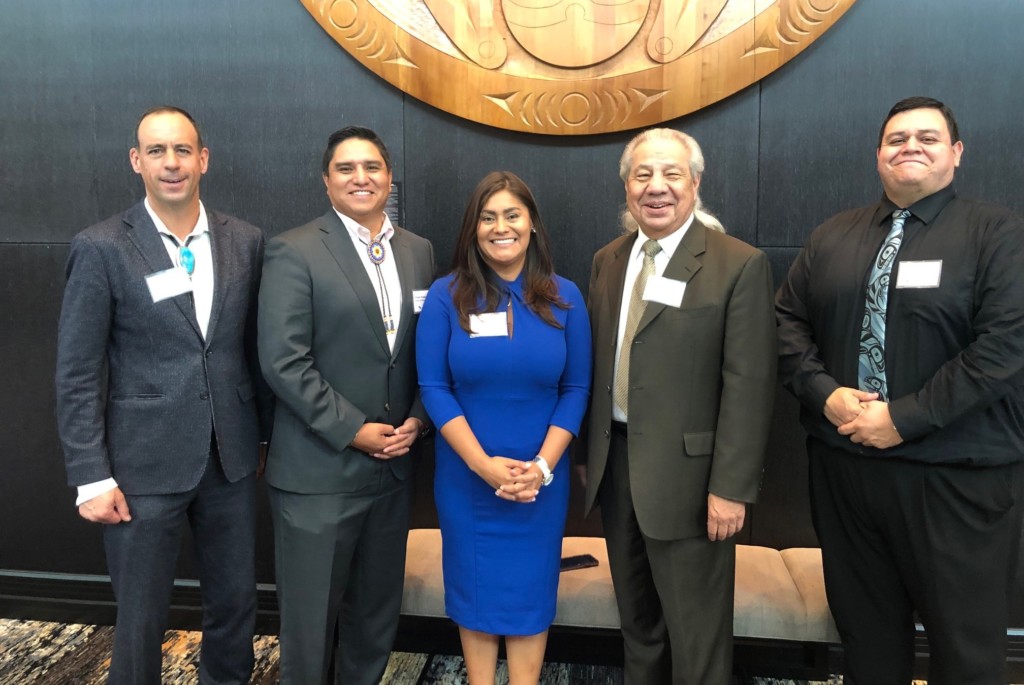
Relationship Building Between Tribal Nations and Industry Leaders
Through Keystone’s AI/AN program, tribal nations and industry leaders will have the opportunity to engage in ongoing dialogue and collaborative decision-making around issues that have historically been a source of contention. Keystone’s approach includes an understanding of cultural and historical issues and their context. This allows for enhanced understanding among industry and tribal nations, leading to more long-term commitments and increased potential for successful outcomes and partnerships. This occurs as we foster better and more productive dialogues across a spectrum of issues and concerns.
Read more about the first meeting of our Creating Better Engagement Between Tribes and the Energy Industry summit.
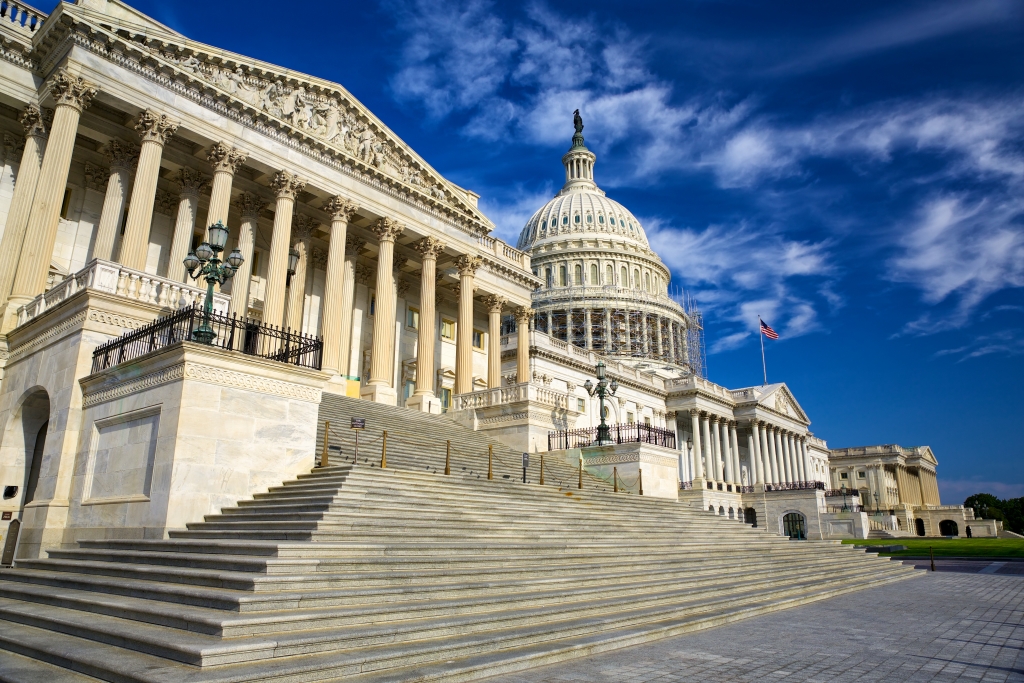
Government-to-Government Relationship
The concept of a government-to-government relationship is based on the sovereign status of tribal governments. Keystone’s team has direct knowledge and experience in developing guidance between state agencies and tribes, such as our work with the state of Colorado and its tribal nations. We convene various levels of conversations and dialogues to better understand issues and matters of cultural and historical importance that directly relate to today’s economic, education, and health disparities. Our goal is to build on the collaborative process to develop consultation efforts, policies, and agreements between tribes, states, and local governments as applicable across the nation.
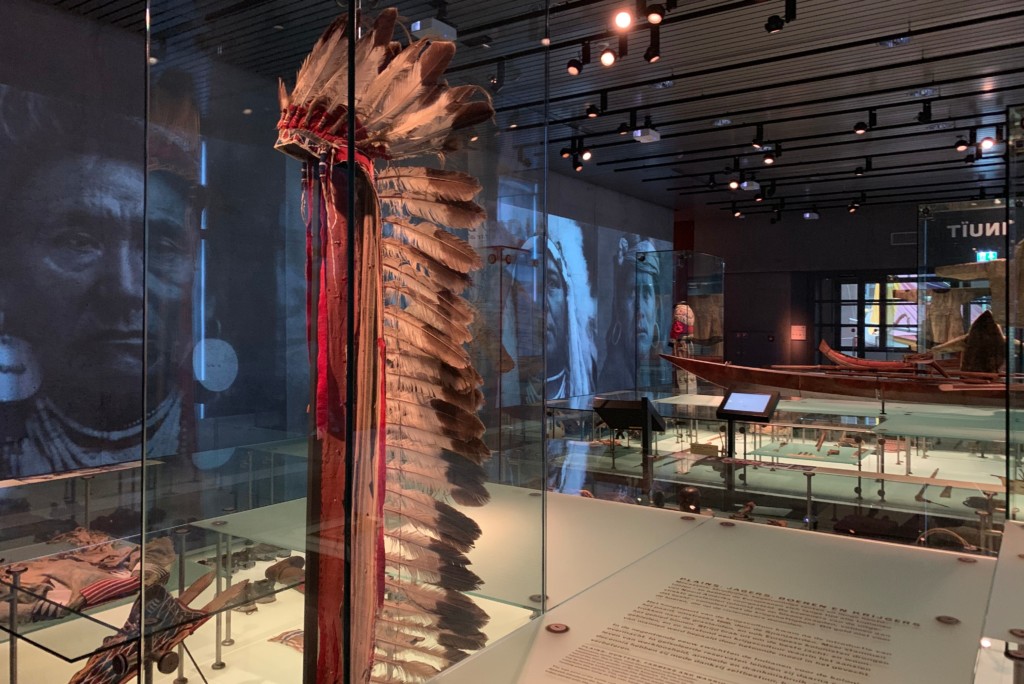
Culture, Preservation, and Repatriation
In the American Indian/Alaska Native culture, ancestral artifacts are considered living, breathing objects that are irreplaceable and deserve to be housed in their homelands. Keystone facilitates collaborative discussions with museum partners and tribes to provide opportunities for tribes to interact with European museums and gain access to European collections. We look to fill the accessibility gap and foster networks to create a centralized platform that connects European museums with AI/AN communities who might want to know more about these collections and seek pathways that allow for the repatriation of these collections.

Education
Access to a quality education is equally critical for American Indian/Alaska Native communities and Keystone is leveraging its robust education program to bring more focus on these populations. Keystone is working on several initiatives, including developing Colorado’s first Ute Resource Guide for fourth graders through a partnership with the Ute Tribes, History Colorado, and the Colorado Department of Education; collaborating with Colorado Department of Higher Education to address higher education attainment goals and outreach to American Indian/Alaska Native communities; and conducting consultations with local school districts about potentially offensive Native American mascots and imagery in the K-12 system. We are also serving as an adviser to Ute Mountain Ute educators who are working to create a charter school in Towaoc.

Health and Wellness
According to the U.S. Indian Health Service, American Indian/Alaska Native people have long experienced a lower health status compared to other Americans. American Indian/Alaska Natives continue to die at a higher rate than other Americans, with a 5.5 years lower life expectancy than the general U.S. population. Keystone recognizes the need to bring together tribal, local, state, and federal partners in a collaborative and culturally respective manner to facilitate better relationships, improve health education, and develop recommendations and actionable solutions that improve the overall health status of American Indian and Alaska Native people.

